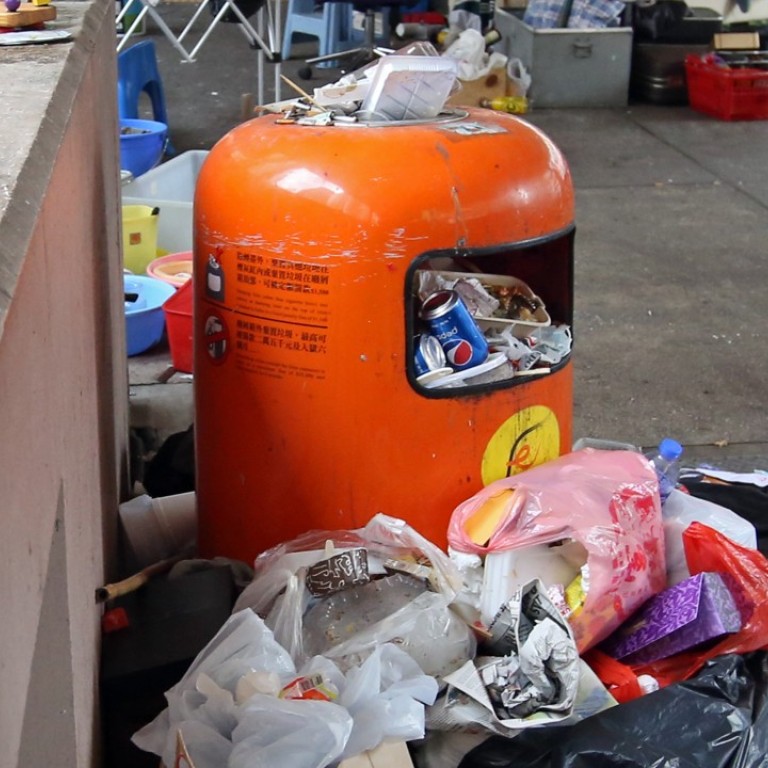
Letters to the Editor, August 7, 2017
Bad behaviour of HK citizens has got worse
I have lived in Hong Kong for the past 12 years and this problem of everyday lack of consideration towards others has, in my view, grown exponentially.
It’s not just that parents are happy to encourage their “little darlings” to occupy a dedicated priority seat on the MTR at the expense of somebody really in need, but condone other behaviour such as swinging on the bars, and eating and drinking.
However, such unsocial behaviour is not confined to young people. Increasing numbers of Hongkongers seem to have lost their pride in their own communities, showing scant regard for civic pride as the city seems to be getting dirtier by the day.
I am a member of a fairly up-market fitness centre in Central, yet despite polite notices to the contrary, many members still choose to walk out of the shower area through the changing area without towelling off and, as a result, leave a trail of water that could endanger others.
This unreasonable behaviour, along with spitting in the shower, leaving locker doors open, not returning used towels to the reception and leaving their shoes and clothes scattered on the floor, is quite typical behaviour despite the very best efforts of the management to confront this.
Many of these supposedly intelligent 30-plus types have, of course, a Filipino or Indonesian indentured “slave” at their beck and call six days a week, so such behaviour is hardly surprising.
Bill Palmer, Sai Kung
Phone-scam criminals are tough to catch
Of course, with this foiled scam using a pigeon, it will have been difficult to find the culprits, but it must be possible to apprehend some of those involved in phone scams.
There is not much Hong Kong police can do when a victim is local but the scam originates on the mainland. As the incident with the pigeon shows, these people are becoming more inventive and it is very difficult to track them down.
However, while I appreciate the difficulties involved, I believe the mainland authorities must do more to crack down on this form of crime.
Also, there must be a widespread education campaign, to raise levels of awareness, so fewer people are conned by these scammers.
Timmy Lo, Tseung Kwan O
Pakistan’s laws protect the rich and powerful
He was not taken into custody, nor was he told to surrender his travel documents.
Many people in Pakistan celebrated the court’s decision, but I am concerned that at some point he might leave the country and go into exile [as he has done before] if he fears he faces prosecution.
It seems that the laws of Pakistan exist to protect the rich and powerful. And, if anyone from the elite faces criminal prosecution and a custodial sentence, they simply leave the country. Even if they are convicted, they still seem to be able to get out and avoid any jail time.
Meanwhile, citizens from the poorest sections of society continue to suffer.
K. M. Nasir, Mid-Levels
Carrie Lam must deal with high inflation
I have said it before, that, despite what may be claimed, inflation is a much more serious problem in Hong Kong than it is in the US. Also, the cost of living is higher.
For those reasons, I believe that the Hong Kong-US dollar peg is now a dud.
Chief Executive Carrie Lam Cheng Yuet-ngor must wake up to reality. She must decide what she will do to curb the rising inflation rate caused by the city’s high land and property prices.
Peter Wei, Kwun Tong
Apple wrong to comply with VPN order
These VPNs have allowed internet users on the mainland to circumvent censorship and surveillance. The government’s actions show it is trying even harder to limit free speech, and this time it is doing it online.
Under pressure from Beijing, Apple has removed several VPNs from its app store in China. It has argued that it was legally required to do so. However, it is a global name and should not allow itself to be controlled by the Chinese government. It should be respecting the rights of ordinary citizens.
Thanks to this shutdown of VPNs, Chinese citizens are losing the chance to visit some social media sites and apps, including Facebook, Instagram and Twitter.
Search engines such as Google are also blocked, as is access to many foreign media outlets, including the BBC.
By its actions, the central government is seriously damaging the rights of the people of China to visit foreign websites and this move is not in the public interest.
Stephen Li, Tseung Kwan O

